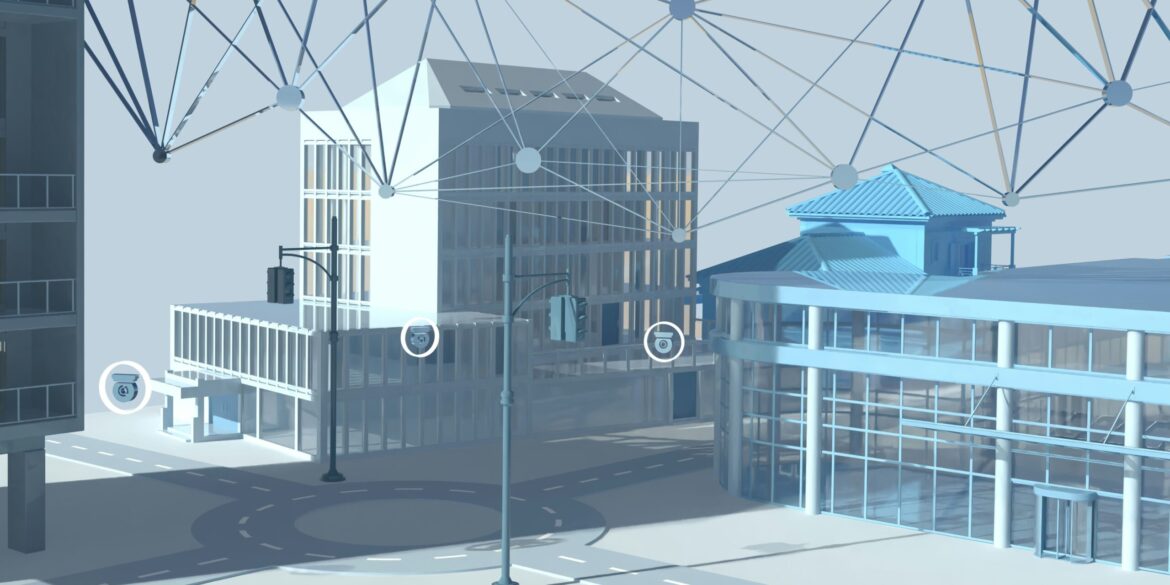The property technology sector, or PropTech, is undergoing a period of rapid maturation as artificial intelligence and smart building systems take center stage in reshaping commercial and residential real estate. Across office towers, multifamily complexes, and retail spaces, AI-driven solutions are increasingly embedded into building operations, reflecting a growing demand for efficiency, sustainability, and tenant-focused innovation.
Industry analysts report that artificial intelligence is now being used to interpret vast amounts of sensor data generated by Internet of Things (IoT) networks inside buildings. HVAC performance, lighting usage, water consumption, and even foot traffic are continuously monitored. Advanced AI platforms then analyze this information in real time, adjusting systems dynamically to cut costs and enhance user comfort. The result is not just improved energy efficiency but also a reduction in maintenance burdens through predictive servicing. By identifying system irregularities before they lead to equipment failure, AI-driven platforms help property managers avoid expensive disruptions.
This convergence of AI and IoT is also reshaping tenant experiences. In buildings equipped with adaptive climate control, indoor temperatures can shift seamlessly to match occupancy patterns, while lighting adjusts to natural daylight levels. Some systems are even capable of analyzing space utilization, providing landlords with insights into how communal areas, gyms, or co-working spaces are actually used, thereby informing future design and leasing strategies. The integration of sustainability metrics further elevates these technologies, enabling property owners to track progress toward environmental, social, and governance (ESG) goals—a growing priority for both regulators and investors.
Virtual and augmented reality tools are also gaining traction within PropTech. Virtual tours and 3D walkthroughs, once considered premium offerings, are now becoming standard practice in both residential and commercial listings. Augmented reality staging allows prospective tenants or buyers to visualize furniture, design choices, and space utilization from anywhere in the world. This trend has proven especially valuable for international investors and out-of-town clients, who can explore properties without the need for physical travel. Brokers note that these tools not only reduce friction in the leasing and purchasing process but also expand market reach by connecting listings to a wider pool of buyers.
On the financing side, blockchain is beginning to reshape how properties are bought and sold. Tokenization—the fractional ownership of property assets through blockchain-based systems—is gaining momentum as a way to increase liquidity in a traditionally illiquid sector. By dividing property equity into digital tokens, investors can more easily buy and sell shares, opening commercial real estate to a broader base of participants. Blockchain transaction platforms also promise to streamline property transfers, reduce paperwork, and improve transparency in an industry often bogged down by inefficiency.
Commercial property managers are facing additional pressure to modernize through PropTech adoption, particularly as ESG standards become embedded into corporate and regulatory frameworks. Investors, tenants, and policymakers are increasingly demanding sustainability reporting, emissions tracking, and resilience planning. PropTech platforms now offer integrated dashboards where managers can track carbon footprints, waste management, and resource utilization alongside traditional financial metrics. This data-driven transparency is quickly becoming a differentiator in competitive markets, where eco-conscious tenants and shareholders expect clear accountability.
What ties these developments together is the recognition that buildings are no longer static structures—they are evolving into dynamic, responsive systems powered by data and automation. The “smart building” is no longer just an aspirational concept; it is becoming the baseline expectation in many U.S. markets. Developers, landlords, and realtors alike are recalibrating their strategies to account for these new standards of efficiency, sustainability, and user experience.
As PropTech continues to evolve, its influence is extending beyond building performance to redefine the broader real estate ecosystem. From digital financing models to immersive marketing tools and climate-focused analytics, the sector is creating a more interconnected, transparent, and adaptable marketplace. The trajectory suggests that in the years ahead, success in real estate will be determined not only by location or design, but also by how effectively technology is woven into the fabric of the built environment.

